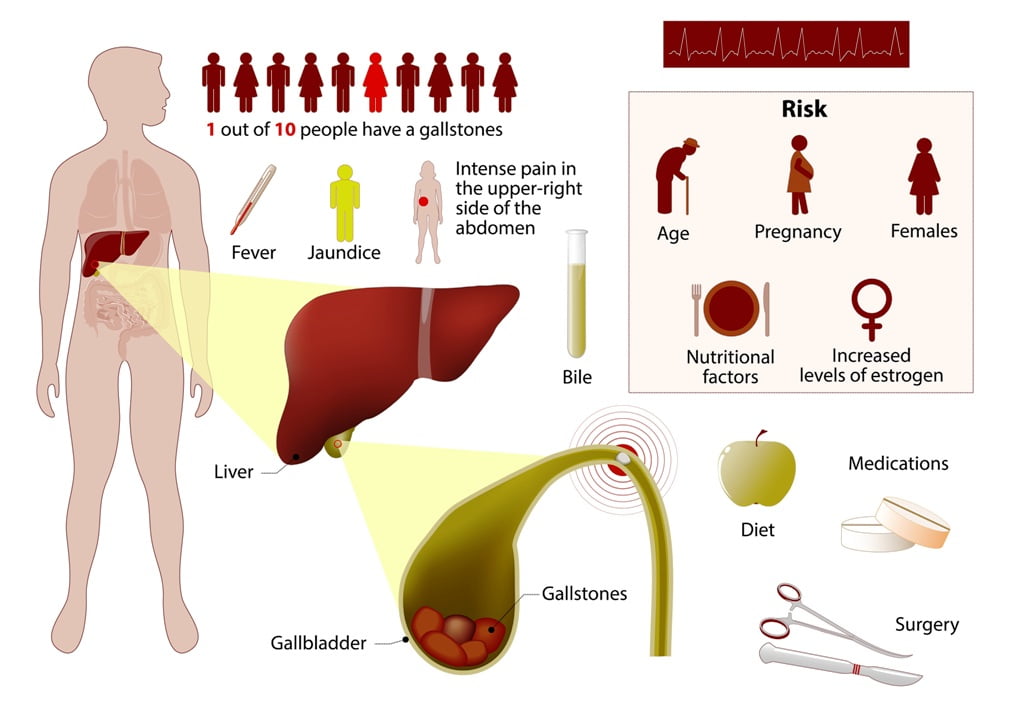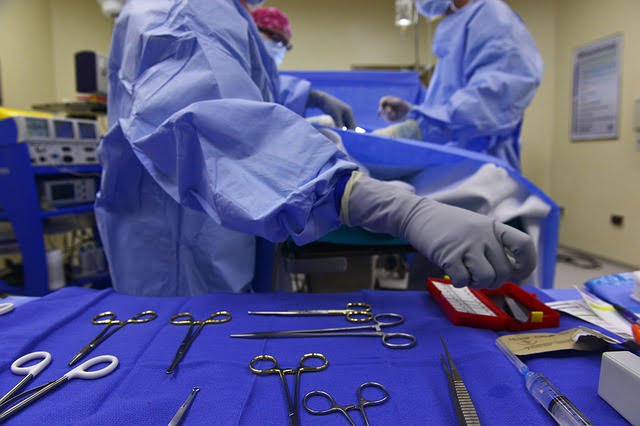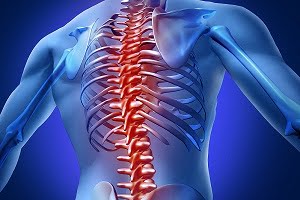Can Bone Cancer Cause Limb Amputation?
- Updated on: Jul 10, 2024
- 3 min Read
- Published on Dec 31, 2019

Bone cancer occurs due to the formation of an abnormal mass or tumor within a bone. Bone cancer is usually rare. Tumors that cause bone cancer can be malignant and may spread to other parts of the body. Such malignant tumors are often referred to as cancerous bone tumors or simply bone cancer.
Bone cancers can be categorized into two types – primary or secondary. Primary bone cancers are those cancers that directly originate in the bones or surrounding tissues like cartilages. Such types of bone cancers are the most serious among all types of bone cancers. Secondary bone cancers are the most common types of bone cancers. These cancers generally form in other parts of the body and are then metastasized to your bones.
What is Amputation and When is it Needed in Bone Cancer?
Amputation means complete removal of a part of the body. Amputation is a surgical procedure that generally involves the removal of an arm or leg rather than the whole limb. However, sometimes it involves an extremely major surgery wherein there is a removal of the whole limb. Such surgical procedures are called hindquarter or forequarter operations.
Amputation in bone cancer is only done if there is no other option to clear the cancer. Amputation is the only option in bone cancers under the following conditions:
- Cancer has spread to major nerves and blood vessels surrounding your bone tumor
- An infection after your limb sparing surgery which may lead to the removal of your false bone
When is the Amputation Necessary to Treat Bone Cancer?
Amputation is generally required if the bone tumor is large and has spread to the surrounding nerves and blood vessels. Metastasis of stage 4 bone cancer may result in amputation if it is completely unavoidable and cancer has spread from the bone into the nearby blood vessels and other body parts like lungs.
Can Limb Salvage Surgery Aid in Avoiding Limb Amputation?
Limb amputation involves either complete or partial removal of the body part affected by bone cancer. However, in some cases, this can be avoided by a procedure called limb-salvage or limb-sparing surgery. Limb-sparing surgery is only possible if the bone cancer has not spread to nearby tissues and therefore the surgeon only removes the cancerous bone and then fills the resulting gap with a bone graft or a special metal rod. In this way, the limb can be saved from amputation.
Amputation is one of the worst consequences of bone cancer. Before undergoing any type of surgical procedure, it is important to know the possible advantages and disadvantages. For example, people generally prefer limb-salvage surgery over amputation, but they should know that it is a more complex procedure and can have many complications. Both these surgical procedures have been found to have the same overall survival rates when performed by expert surgeons.
Limb-sparing surgery or amputation in bone cancer is devastating as the person has to deal with cancer as well as the new self-image and lifestyle. Physical rehabilitation that involves counseling and physical therapy is somehow helpful in this situation.
Limb Amputation or Limb Sparing Surgery – Which is the Best Option in Bone Cancer?
Amputation is a surgery that is used to remove either a part or the whole limb affected by bone cancer. In the past, amputation was considered as the best option for dealing with bone cancers in the arms or legs. However, nowadays this operation is only performed if there is any reason to skip limb-salvage surgery. The goal of limb-salvage surgery is to erase cancer entirely but still leave a working leg or arm. As a result the patient can have his limb spared. This type of surgery involves a complex procedure and often requires surgeons with special skills and experience.
Limb sparing surgery is the most preferred option by patients over limb amputation. However, it is very challenging for surgeons because they have to remove entire cancer as well as have to save the nearby tendons, nerves, and blood vessels in order to save the body parts. This is not always possible especially if these structures have already become cancerous. In such cases, these structures need to be removed along with cancer. Unfortunately, amputation becomes the best option under such circumstances.












